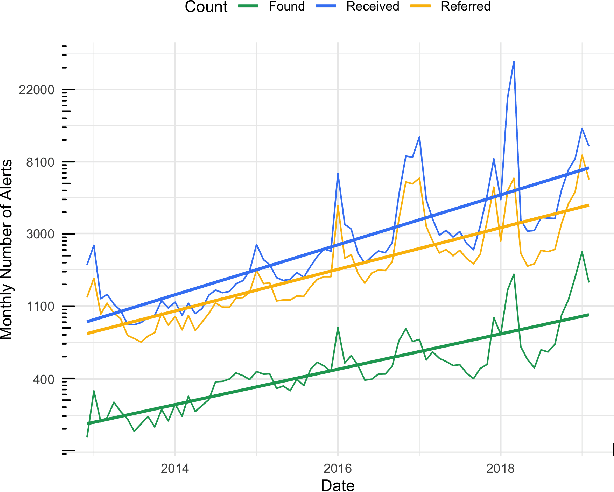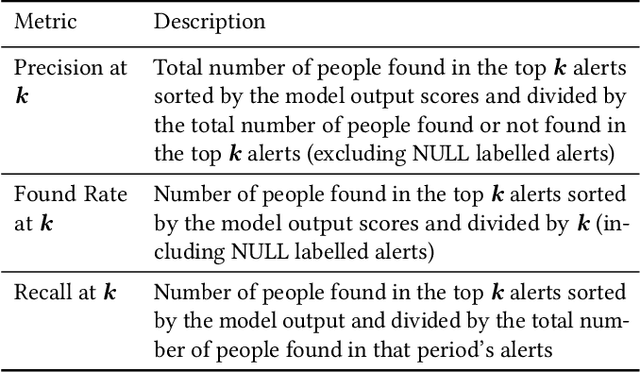Lucia Lushi Chen
Penalized Fair Regression for Multiple Groups in Chronic Kidney Disease
Dec 19, 2025



Abstract:Fair regression methods have the potential to mitigate societal bias concerns in health care, but there has been little work on penalized fair regression when multiple groups experience such bias. We propose a general regression framework that addresses this gap with unfairness penalties for multiple groups. Our approach is demonstrated for binary outcomes with true positive rate disparity penalties. It can be efficiently implemented through reduction to a cost-sensitive classification problem. We additionally introduce novel score functions for automatically selecting penalty weights. Our penalized fair regression methods are empirically studied in simulations, where they achieve a fairness-accuracy frontier beyond that of existing comparison methods. Finally, we apply these methods to a national multi-site primary care study of chronic kidney disease to develop a fair classifier for end-stage renal disease. There we find substantial improvements in fairness for multiple race and ethnicity groups who experience societal bias in the health care system without any appreciable loss in overall fit.
A Recommendation and Risk Classification System for Connecting Rough Sleepers to Essential Outreach Services
Jul 30, 2020



Abstract:Rough sleeping is a chronic problem faced by some of the most disadvantaged people in modern society. This paper describes work carried out in partnership with Homeless Link, a UK-based charity, in developing a data-driven approach to assess the quality of incoming alerts from members of the public aimed at connecting people sleeping rough on the streets with outreach service providers. Alerts are prioritised based on the predicted likelihood of successfully connecting with the rough sleeper, helping to address capacity limitations and to quickly, effectively, and equitably process all of the alerts that they receive. Initial evaluation concludes that our approach increases the rate at which rough sleepers are found following a referral by at least 15\% based on labelled data, implying a greater overall increase when the alerts with unknown outcomes are considered, and suggesting the benefit in a trial taking place over a longer period to assess the models in practice. The discussion and modelling process is done with careful considerations of ethics, transparency and explainability due to the sensitive nature of the data in this context and the vulnerability of the people that are affected.
Examining the Role of Mood Patterns in Predicting Self-Reported Depressive symptoms
Jun 14, 2020



Abstract:Depression is the leading cause of disability worldwide. Initial efforts to detect depression signals from social media posts have shown promising results. Given the high internal validity, results from such analyses are potentially beneficial to clinical judgment. The existing models for automatic detection of depressive symptoms learn proxy diagnostic signals from social media data, such as help-seeking behavior for mental health or medication names. However, in reality, individuals with depression typically experience depressed mood, loss of pleasure nearly in all the activities, feeling of worthlessness or guilt, and diminished ability to think. Therefore, a lot of the proxy signals used in these models lack the theoretical underpinnings for depressive symptoms. It is also reported that social media posts from many patients in the clinical setting do not contain these signals. Based on this research gap, we propose to monitor a type of signal that is well-established as a class of symptoms in affective disorders -- mood. The mood is an experience of feeling that can last for hours, days, or even weeks. In this work, we attempt to enrich current technology for detecting symptoms of potential depression by constructing a 'mood profile' for social media users.
 Add to Chrome
Add to Chrome Add to Firefox
Add to Firefox Add to Edge
Add to Edge